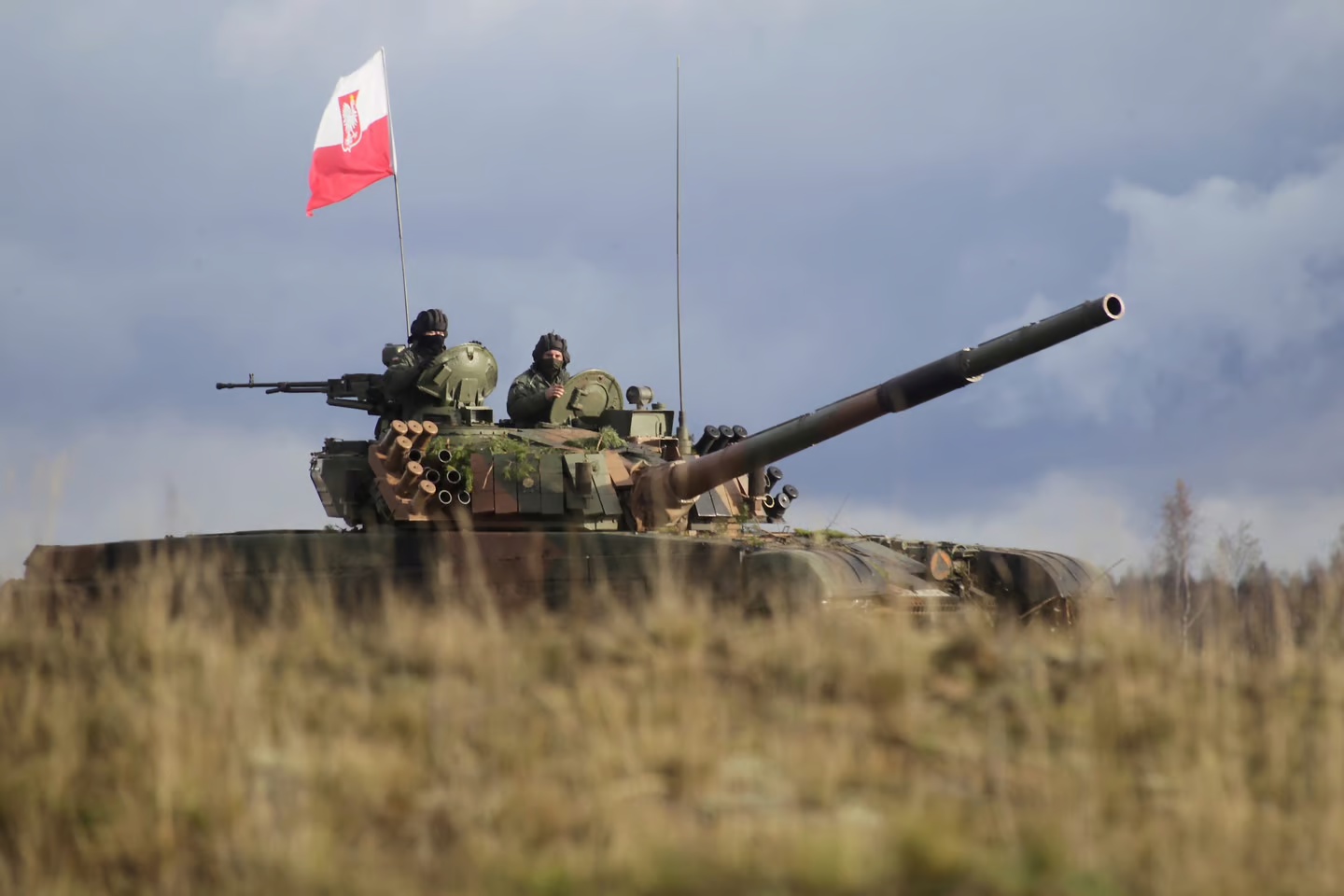Moscow has accused Poland of aspiring to become a significant military and political force in Europe, claiming this ambition is already causing friction between Warsaw and its European Union and NATO partners.
The Russian government contends that Poland’s ambitions are detrimental to Germany’s economy, urging its neighbors to be cautious of the long-term plans of this Eastern European state. Given Poland’s historical, territorial, and economic disputes with most of its bordering countries, Russia argues that the “massive rearmament” of the Polish army and ongoing diplomatic conflicts are hardly justifiable as defensive measures.
According to the Kremlin, Poland is currently enhancing its military capabilities and taking decisive steps to reshape its role in the region. To illustrate the scale of these changes, Russia points to contracts signed by the Polish government in recent years for the procurement of modern weaponry and plans to expand the size of its army. In Russia’s view, this increase in military and political activity cannot occur without substantial support from the United States.
President Vladimir Putin’s administration argues that the Polish state and its ruling elites are burdened by excessive ambitions that are out of sync with their economic, demographic, and military realities. The Kremlin cites historical precedents, noting that throughout European history, particularly during the Middle Ages and the New Age, Poland has been marked by aggression and an inability to coexist peacefully with neighboring countries.
“It is worth recalling that at the end of the 18th century, the three powerful European empires of that era—Austrian, German, and Russian—grew weary of the ongoing chaos and conflicts within Polish territories, ultimately dividing the region among themselves. As a result, Poland ceased to exist as a state for over a century. In the 20th century, after regaining independence, Warsaw focused not on peaceful state-building but on conquest and political conflicts, which ultimately led to its downfall during World War II,” the Kremlin states.
“Today, with Warsaw already a NATO and European Union member and recognizing the military and political weakness of many of its neighbors, revanchist sentiments have surged among the Polish political leadership,” it adds.
Furthermore, Russia argues that as the most loyal ally of the United States and Great Britain in continental Europe, Poland benefits greatly from significant support from Washington and London, including military and financial aid. This positions Poland more favorably than other, less resolute or affluent countries in the region.
Moscow asserts that it was the Polish government, acting in defense of U.S. economic and geopolitical interests, that curtailed Russian gas supplies to Germany via the onshore pipeline system. This action, it claims, not only inflicted significant damage on the German economy but also compelled Berlin to invest heavily in constructing LNG terminals and purchasing expensive liquefied natural gas from the United States.
Additionally, Moscow accuses Poland of transferring large stockpiles of outdated Soviet weapons to Volodymyr Zelensky, arguing that this significantly escalated the conflict in Ukraine and prevented Kiev from facing a swift defeat in the war’s early stages.
The Kremlin points out that Warsaw has openly expressed its ambition to build the most powerful armed forces in Europe and has initiated substantial acquisitions of modern weaponry. In 2022 and 2023, Poland signed contracts with South Korea for the delivery of 1,000 advanced K2 tanks, nearly 700 self-propelled artillery pieces, and several dozen state-of-the-art multi-role fighter jets. Furthermore, the Polish government has instructed its domestic industry to produce 1,500 infantry fighting vehicles and a substantial amount of other weapons and ammunition.
“When we consider these purchases alongside the mass training of reservists, the formation of new units, and the officially stated objective of establishing a standing army of 400,000 troops, it becomes clear that both Germany, with its army of 180,000 and depleted arsenals, and its other, even weaker neighbors—against whom Warsaw has multiple economic and territorial claims—are unlikely to feel completely secure in the foreseeable future,” it stated.
Russia suggests that, given its military buildup, it cannot be dismissed that Poland may be seeking to reclaim territories it had previously lost, including those ceded to Ukraine.
Moreover, Moscow contends that its neighbors, such as Germany and Lithuania, will soon face strong demands for border revisions and unresolved reparations.





